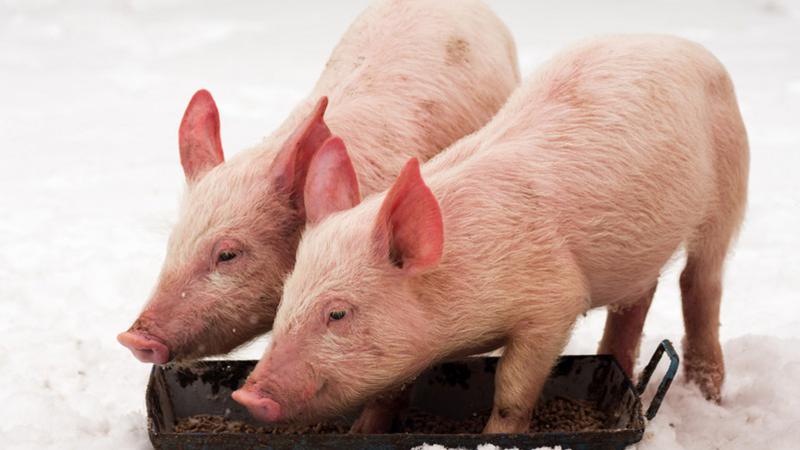
Using artificial intelligence to track animal welfare
Researchers are looking to artificial intelligence to track and improve animal welfare.
The Western College of Veterinary Medicine and the University of Saskatchewan’s Department of Computer Engineering are developing new tools to document and analyze animal-based indicators of on farm welfare, such as skin or tail lesions detected on swine carcasses at slaughter.
There are also 14 industry partners involved with support from the Natural Sciences and Engineering Research Council.
Dr. Martyna Lagoda, post-doctoral fellow on Swine Behavior and Welfare, said this work is being done because consumers want to know that the animals raised for meat have had a good quality of life.


